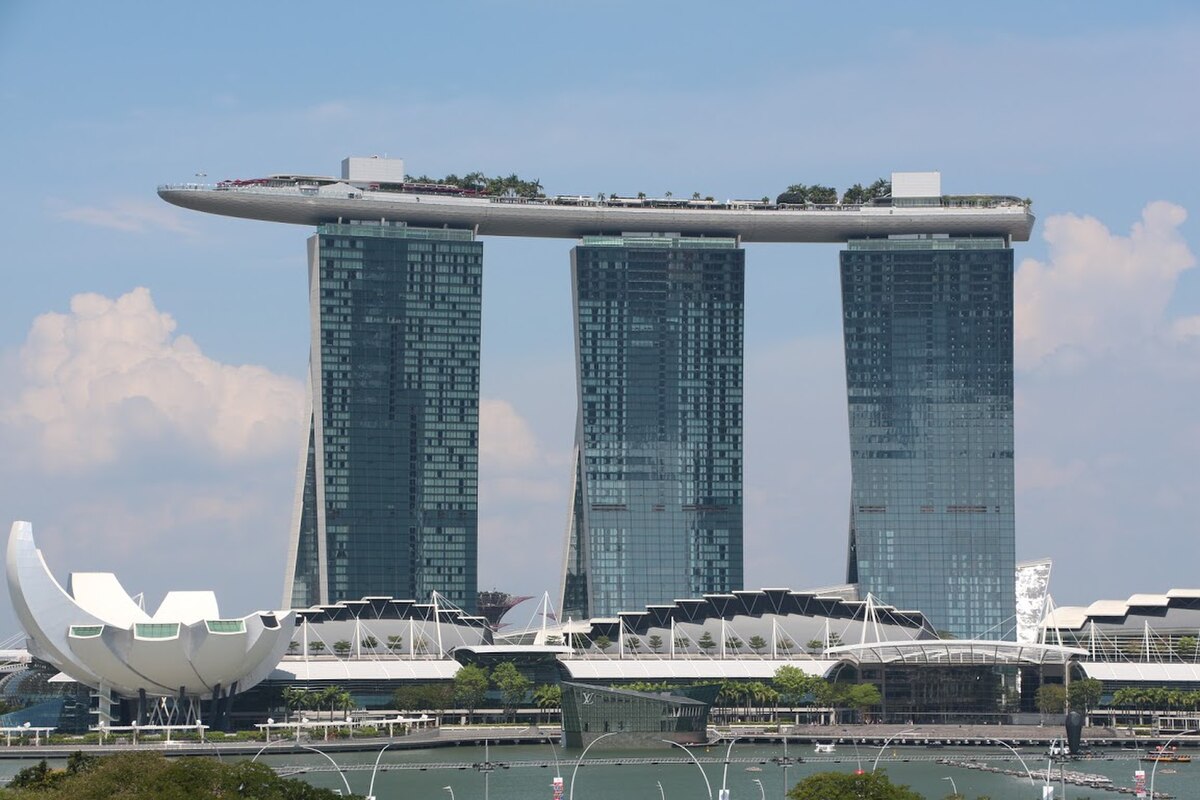
Singapore in the 21st Century
SingaporeIn the early 21st century, Singapore confronted several significant challenges, most notably the SARS outbreak in 2003 and the rising threat of terrorism. In 2001, an alarming plot targeting embassies and key infrastructure was thwarted, leading to the arrest of 15 members of the Jemaah Islamiyah. This incident spurred the introduction of comprehensive counter-terrorism measures aimed at detection, prevention, and damage mitigation. Concurrently, the nation's economy remained relatively stable, with the average monthly household income in 2003 reported at SGD$4,870.
In 2004, Lee Hsien Loong, Lee Kuan Yew's eldest son, ascended to the position of Singapore's third prime minister. Under his leadership, several transformative national policies were proposed and implemented. Notably, the duration of National Service training was shortened from two and a half years to two in 2005. The government also initiated a "Cutting Red Tape" program, actively seeking citizen feedback on a range of issues, from legal frameworks to societal concerns.
The 2006 general election marked a significant turning point in Singapore's political landscape, primarily due to the unprecedented influence of the internet and blogging, which remained unregulated by the government. In a strategic move just before the election, the government distributed a "progress package" cash bonus to all adult citizens, totaling SGD $2.6 billion. Despite large turnouts at opposition rallies, the ruling People's Action Party (PAP) retained its stronghold, securing 82 of the 84 seats and garnering 66% of the votes.
Singapore's post-independence relationship with Malaysia has been intricate, often characterized by disagreements yet underscored by mutual reliance. As members of ASEAN, both nations recognize their shared regional interests. This interdependency is further highlighted by Singapore's dependence on Malaysia for a significant portion of its water supply. While both countries have occasionally engaged in verbal sparring due to their divergent post-independence trajectories, they have fortunately steered clear of severe conflicts or hostilities.
